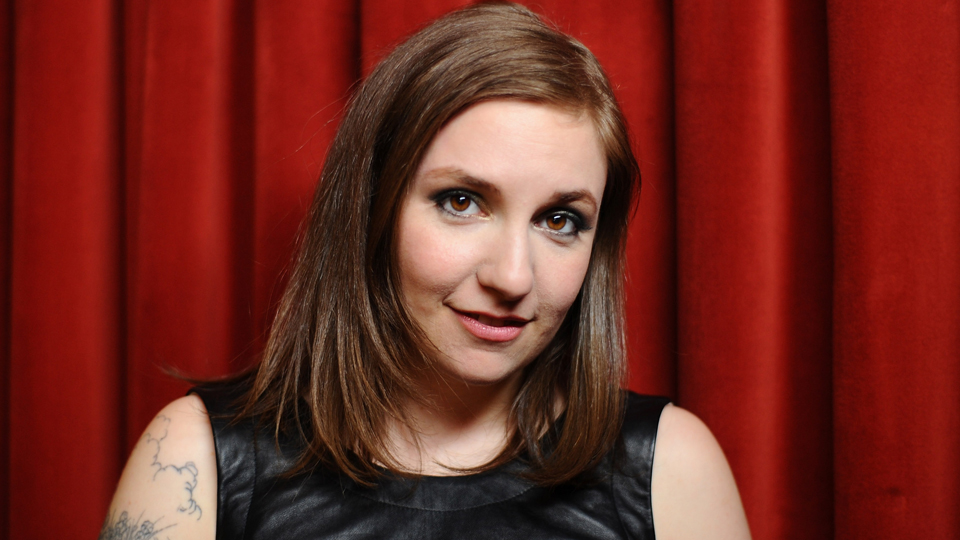
In an office of twenty people, I’ve encountered at least four women recently discussing Lena Dunham’s “Fresh Air” interview with Terry Gross. Clearly, we all listen to a lot of NPR, which puts us solidly in the white, educated, privileged demographic Girls is geared toward, but the primary reason we listened to the interview was to hear Dunham discuss race. Even though Dunham’s Hannah may claim that she is only “a voice of a generation,” the title of the show suggests that this comedy is supposed to be representative of more than just Dunham and her hipster friends. Obviously, Privileged, White, Straight, Liberal, Agnostic, East Coast Girls would have been a less pithy title and sound far too much like an undergraduate honors thesis, but I found it disheartening that Dunham, so hyperconscious of her class privilege, did not immediately recognize the attendant privilege of white skin.
Dunham did sound genuinely troubled by the criticism of the show’s lack of diversity, and she did not try to belittle it like her pal Leslie Arfin (who defines hipster racism). She argued that she was writing about the specific experience of a half Jew/half WASP living in Brooklyn and that she felt uncomfortable writing about the life of a black or hispanic character without having access to this cultural experience. Obviously, the best solution would be to have fewer Arfin-type co-writers and instead hire a more diverse crew of writers who could narrate the lives of privileged young women of color who might also date douchy guys and still expect their parents to pay their cell phone bills. Continue reading “Race: Even More Awkward than Sex”

